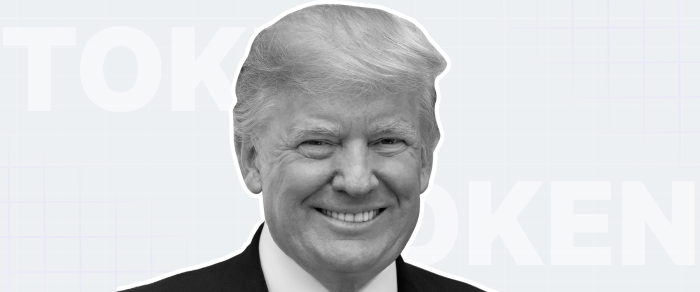Crypto Sales Jobs Might Be Doubtful in the US Since Congress in States Remains Stuck in Crypto Regulations.
What Happened
Although federal politicians are unlikely to adopt comprehensive crypto legislation anytime soon, the regulatory landscape is evolving in ways that businesses may not like. However, crypto sales jobs and other crypto vacancies remain on the radar of the Fed since they are expected to ban or limit crypto-related policies.
Last week, the California legislature approved a measure that would create a licensing framework for cryptocurrency enterprises, among other requirements, and sent it to Gov. Gavin Newsom’s desk for his signature or veto. The New York Department of Financial Services, which already works under a similar regulation, proposed new criteria for how trading platforms list and delist tokens on Monday.
In an email, Newsom spokesperson Omar Rodriguez stated that this bill would be judged on its merits, like all others that reach the Governor’s desk. He also mentioned that Newsom has until October 14 to act on the bill.
Both cases serve as a reminder that states are stepping in until federal policymakers decide how crypto is regulated in the United States.
Some cryptocurrency companies have already voiced fear that the California measure may increase their prices and effectively prohibit some items. The law, for example, needs full reserves for stablecoins, which are often tied to the U.S. dollar.
The reserve requirement would effectively restrict so-called algorithmic stablecoins, which use various techniques to maintain a one-to-one value vs. the dollar. The law would also compel crypto businesses to obtain licences from California’s consumer financial protection authority, a similar setup to what is required in New York.
Following implementing New York’s crypto licensing framework eight years ago, several cryptocurrency businesses elected not to conduct business in the state rather than comply. They may find that strategy more difficult if California imposes similar regulations because it would compel them to bypass two of the main U.S. markets.
What Is Happening For Now
For the time being, Congress is unlikely to enact substantial crypto-related legislation, while the House Financial Services Committee this summer advanced proposals that would provide safeguards for crypto-trading platforms and stablecoins. While the legislation may pass the House this year, they do not have enough Democratic support to advance in the Senate.
Senator Sherrod Brown (D-OH) of the Senate Banking Committee wrote last week to Treasury Secretary Janet Yellen and regulators that “some of my colleagues in Congress have proposed simply applying limited disclosure requirements to digital asset tokens.” This would be a grave error because regulators employ current tools to pursue bad actors.
Consumer organisations have backed the California measure, but some cryptocurrency companies are not pleased. The Crypto Council for Innovation, a trade group comprised of Coinbase Global (COIN) and venture capital firm Andreessen Horowitz, has opposed the California bill unless it is amended, citing, among other things, the bill’s stablecoin requirements and the lack of licensing exemptions for small firms and those already registered with the Commodity Futures Trading Commission.
The California legislature is not the first to attempt to regulate cryptocurrency. Last year at this time, state lawmakers easily passed a similar bill, only for Newsom to veto it, citing that the attempt was premature in light of ongoing federal initiatives.
A few weeks after the rejection, the crypto trading platform FTX.com went bankrupt due to fraud claims. Federal authorities have taken hundreds of enforcement proceedings against digital asset businesses, and agencies led by the Treasury Department have produced studies on how they believe crypto should be governed.
However, politicians have not reached the necessary agreement to enact new legislation.
According to Matthew Wholey, who analyses crypto policy for Washington, D.C.-based PolicyPartner, the major difference is the background. He expects Newsom will sign the California measure into law this time. He and his colleagues expect that states will fill the remaining hole as federal crypto policy becomes clearer. So now you know why crypto sales jobs and other crypto vacancies might be doubtful in the U.S. for now.



